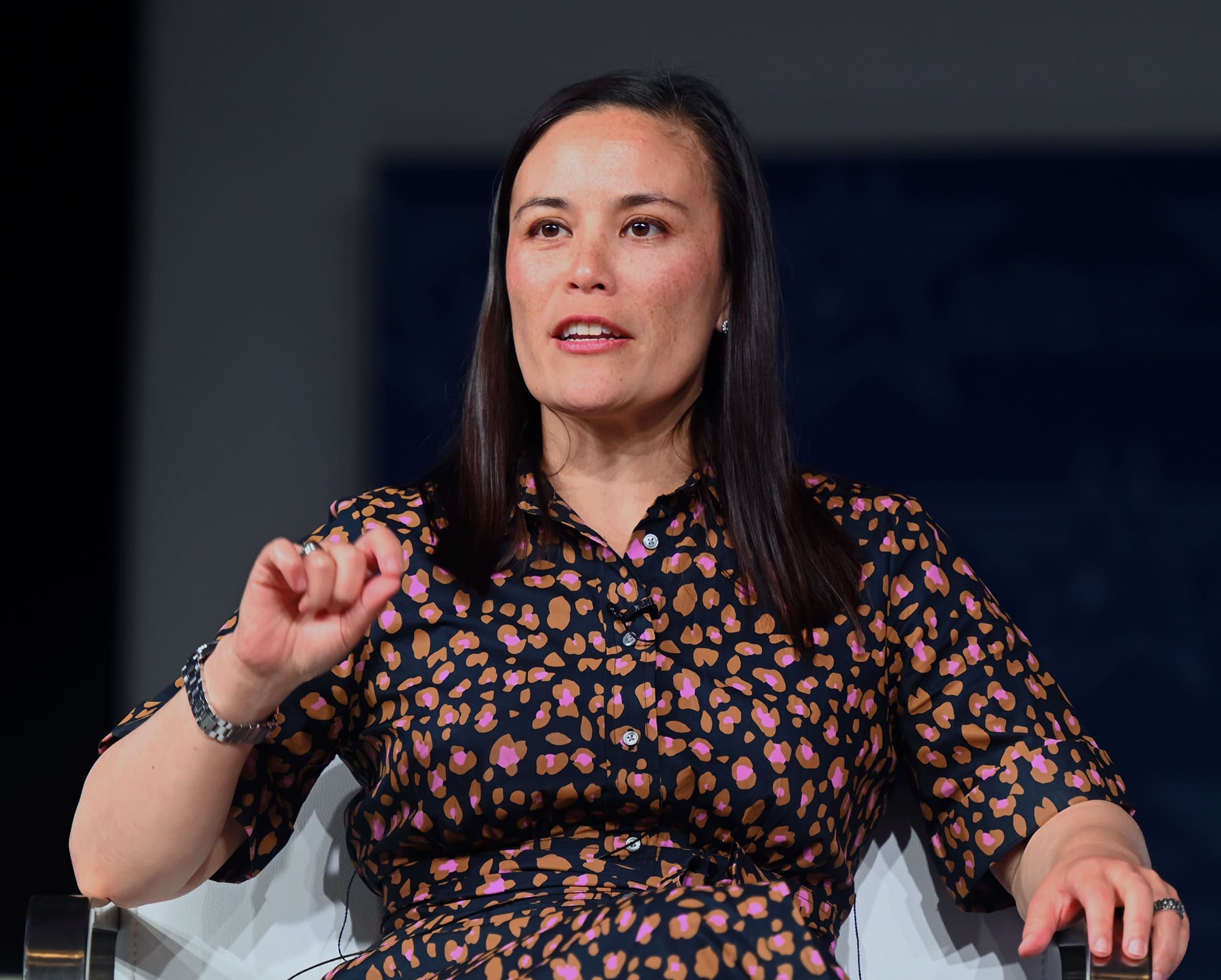The recent inauguration of San Antonio’s liberal mayor Gina Ortiz Jones raises continued questions over city officials’ commitment to left-wing principles, even amid a budgetary crisis.
A San Antonio City Council meeting on the budgetary priorities for 2026 and 2027 on Friday revealed a projected budget deficit of $20.8 million in the 2026 fiscal year and $151.8 million for the 2027 fiscal year.
Each council member listed the priorities they would like to maintain or increase funding for in the next year. However, they did not reach a consensus on what could be cut in the future.
Almost every council member clearly disapproved of raising property taxes, though many floated ideas to expand funding through increases in various permit prices or by rolling back property tax rebates for businesses.
Two of the proposals brought to the council to balance the budget included reappropriating City Public Service funding used to keep energy rates low.
But even if this measure were adopted, severe cuts would still be required.
Mayor Jones indicated the need to prevent any increases in spending.
“In none of these scenarios there is a plus-up,” Jones remarked at the end of the meeting.
The council will resume its deliberation on budget cuts in August. However, this raises the question of what will be cut and by how much.
Jones previously emphasized DEI initiatives while serving under the Biden administration as the undersecretary of the Air Force.
There, she directed efforts to help families circumvent states’ “anti-LGBT” laws through the Exceptional Family Member Program, which was used to accommodate and support the relocation of families to other states.
“We are closely tracking state laws and legislation to ensure we prepare for and mitigate effects to our Airmen, Guardians[,] and their families. Medical, legal resources, and various assistance are available for those who need them,” Jones said in an Air Force press release, now taken down.
Outside of the Air Force, Jones founded the Find Out PAC to oppose three Texas Supreme Court Justices who ruled in favor of pro-life values in the Cox v. Texas and Zurawski v. Texas cases. Notably, all three justices returned to the bench.
The recent court ruling against San Antonio’s Reproductive Justice Fund distributing payments for abortion travel raises further questions about other DEI initiatives San Antonio may already have in place.
Since 2013, the city has increasingly added DEI principles to its governing policy, starting with the adoption of a non-discrimination ordinance.
The ordinance updated the city’s definition of possible forms of discrimination to include sexual orientation and gender identity.
In 2015, the Diversity and Inclusion Office was created to hold city departments accountable to equity standards. Between 2015 and 2022, it was also called the Office of Equity and the Diversity, Equity, and Inclusion Office.
Eventually, in the 2018 fiscal year, the city formally included “equity” in its budgetary considerations, requiring money to be spent within an “equity lens.” “Equity” is generally concerned with equal outcomes rather than equal opportunity.
In 2022, the city combined the Diversity and Inclusion Office, now called the Office of Equity, with other offices to create a distinct department called the Diversity, Equity, Inclusion, and Accessibility Office.
The DEIA office’s programs include language access initiatives, a budget equity tool, immigrant services, disability accessibility for city programs and services, and other initiatives that promote “equity” for the underserved.
The Office of Equity employs the most people within the DEIA and immense influence on the city’s governance.
Among the programs and initiatives created by the Office of Equity, the most important is its Budget Equity Tool. The Budget Equity Tool, established in 2018, continues to influence the budgets of other departments to include considerations of “racial inequity” and “historically” disadvantaged people.
Department Equity Assessments are another initiative to ensure “equitable” ends are reached for policies, budgets, and programs the city invests in.
The Office of Equity additionally requires city staff to undergo equity training as part of its “Equity Train the Trainer” program.
The total funding allocated to the equity office between 2016 and 2021 was $2.82 million.
In 2022, when the offices were combined to create the DEIA, the appropriation for the entire office for that fiscal year alone was $2.2 million.
Each year since 2023, the amount allocated to the DEIA has stabilized at around $3.1 million. This masks the Equity Office’s budget within the DEIA.
The Metropolitan Health District, or Metro Health, is another implementer of DEI initiatives in the city.
Metro Health recently garnered some notoriety due to an injunction against an additional $100,000 allocated to the Reproductive Justice Fund, which already received $500,000 in 2023, and with which Metro Health is associated.
A related advertisement for applicable agencies states:
Metro Health seeks to award one or more community-based agencies with funding to promote Reproductive Justice through free, culturally and linguistically appropriate, reproductive and sexual healthcare services to residents in geographic scarcity areas and/or to populations most in need in San Antonio.
In its 2021 SAForward plan, Metro Health claims that “Implicit bias and structural racism exist in healthcare” and that “The tragic legacy of medical racism in the US contributes to mistrust of healthcare providers and the COVID-19 vaccine.”
The SAForward plan saw the expansion of other blatant equity-based initiatives, the most significant of which is the Metro Health Office of Health Equity, created in 2017.
The Office of Health Equity was designed to lead “department efforts to implement culturally, linguistically, and locally-tailored strategies to address entrenched health disparities and inequities within Metro Health and in marginalized communities.”
City officials could seek to safeguard the budgets of all of these initiatives amid the proposed budget cuts. San Antonio will resume budget deliberations in August and adopt a budget in September.
No ads. No paywalls. No government grants. No corporate masters.
Just real news for real Texans.
Support Texas Scorecard to keep it that way!





